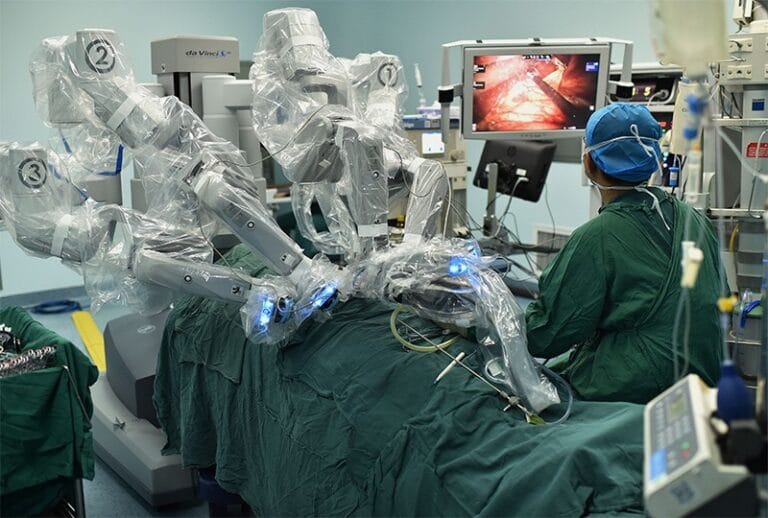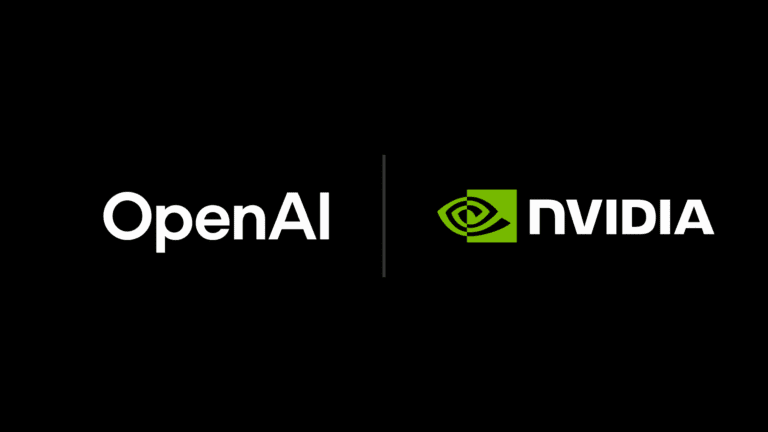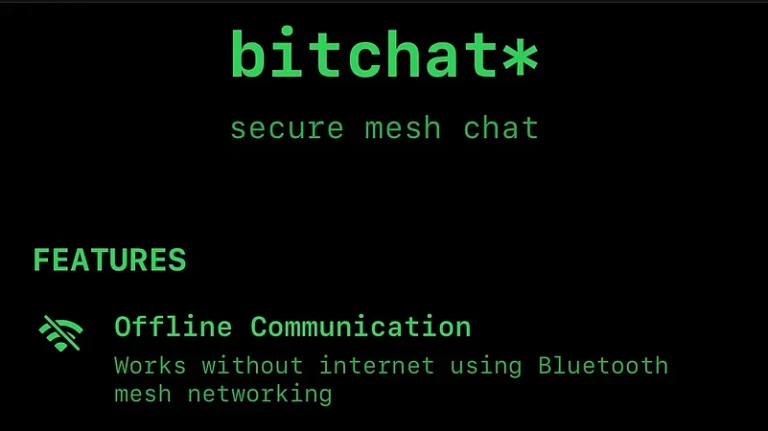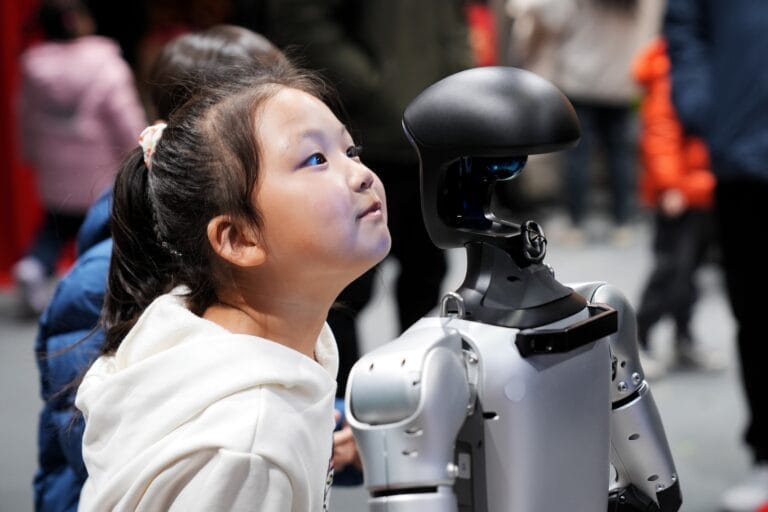
In a significant advancement for the industrial sector, Siemens and Microsoft have announced an expansion of their partnership aimed at scaling industrial artificial intelligence (AI) applications. This collaboration seeks to address some of the most pressing challenges in manufacturing, including skill gaps, efficiency, and innovation pace, through the deployment of advanced AI technologies.
The centerpiece of this collaboration is the Siemens Industrial Copilot, an AI-powered assistant designed to enhance human-machine collaboration. Leveraging Microsoft’s Azure OpenAI Service, this tool is engineered to drastically reduce the time engineers spend on routine tasks by automating code generation, optimizing complex automation codes, and shortening simulation times from weeks to mere minutes.
At a recent demonstration in Berlin, Microsoft’s CEO Satya Nadella showcased how the Siemens Industrial Copilot is being utilized at thyssenkrupp, a major industrial conglomerate, to combat the growing skilled labor shortage in manufacturing. The application helps in generating, optimizing, and debugging industrial automation code, thereby allowing engineers to focus on more complex problem-solving and innovation.
The partnership isn’t stopping at engineering improvements. Siemens and Microsoft are also working on integrating Siemens’ Teamcenter software for product lifecycle management with Microsoft Teams. This integration aims to simplify virtual collaboration across different functions, enabling even those without specialized PLM tool access to contribute effectively to design and manufacturing processes.
This move comes as part of a broader industry trend towards digital transformation, where AI plays a pivotal role in making industrial operations not only more efficient but also more sustainable and adaptable. According to posts found on X, there’s considerable buzz around how these technologies are being adopted to bridge skill gaps, suggesting a positive reception within the industry.
Roland Busch, CEO of Siemens AG, emphasized the shared vision with Microsoft, stating, “Together with Microsoft, our shared vision is to empower customers with the adoption of generative AI.” This statement underscores the commitment to not only enhance productivity but also to foster an ecosystem where AI aids in creative and strategic decision-making across industries.
The implications of this collaboration extend beyond immediate productivity gains. By harnessing AI, Siemens and Microsoft are setting the stage for what could be termed as the next industrial revolution, where digital and physical systems seamlessly interact, potentially leading to more resource-efficient factories, resilient supply chains, and even smarter infrastructure.
However, as with all technological adoptions, challenges remain, particularly in terms of cybersecurity, the integration of heterogeneous data sources, and ensuring that the AI systems are transparent and reliable for critical industrial applications.
As this partnership unfolds, the industrial world watches eagerly, anticipating a new era where AI not only supports but significantly enhances human capabilities in manufacturing and beyond.





